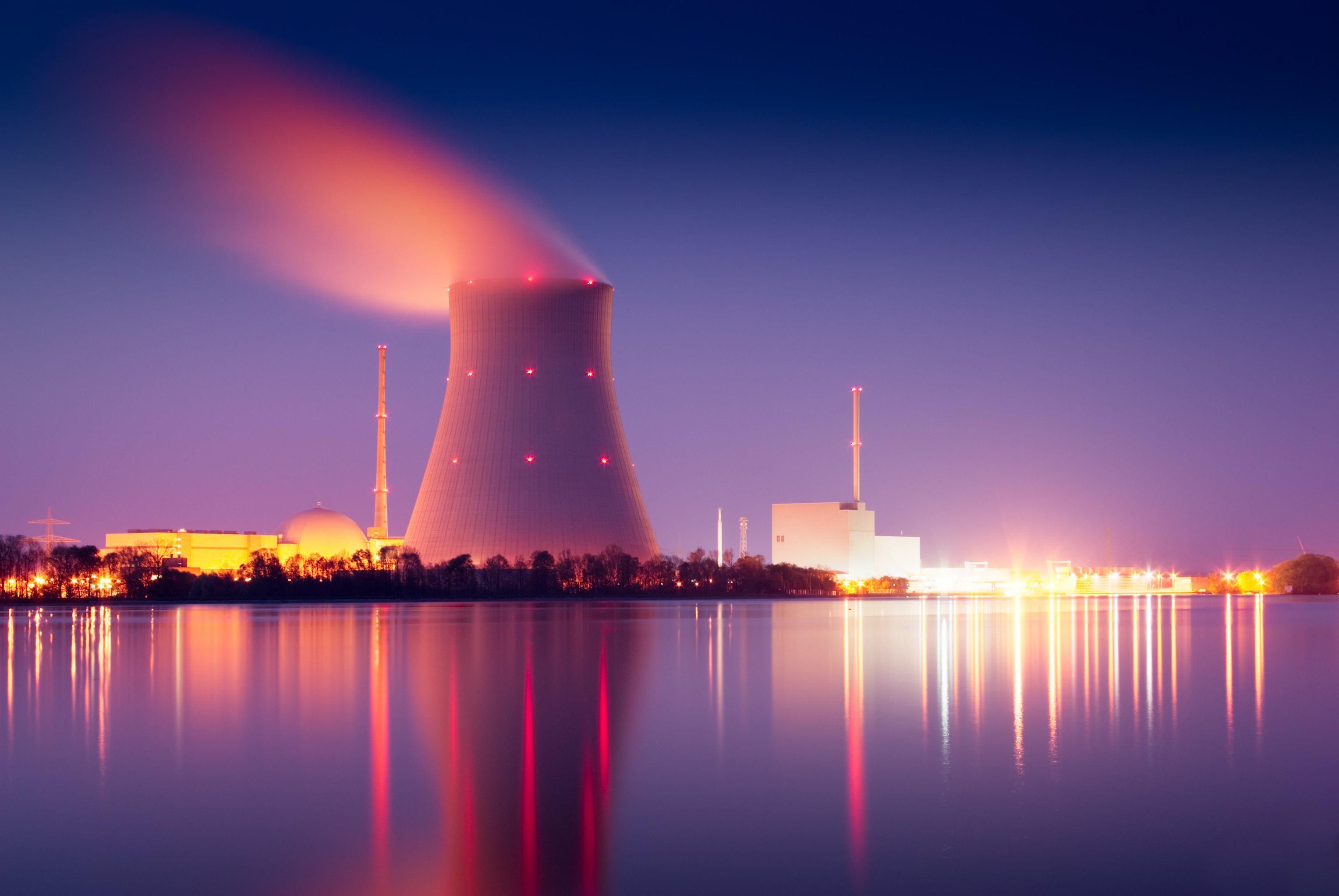It's safe to say that a year ago, few investors had Oklo (OKLO 3.63%) on their bingo card as being a major 2025 stock market success. The company, which develops next-generation nuclear reactors, hit its all-time-high stock price near the end of September; at that point, its market value had risen in excess of 1,600% over a mere 12-month period.
Oklo is a great example of a company being in the right place at the right time. Now that it's come down a bit from said peak, is its stock now a worthy buy?

Image source: Getty images.
Throwing the switch
Being a supporter of nuclear energy, President Donald Trump has made the once-maligned technology a cornerstone of his administration's energy policy. As is his habit, Trump kicked this into gear with an executive order (EO) issued in May. Titled "Deploying Advanced Nuclear Reactor Technologies for National Security," the president laid out his case: "Advanced computing infrastructure for artificial intelligence (AI) capabilities and other mission capability resources at military and national security installations and national laboratories demands reliable, high-density power sources that cannot be disrupted by external threats or grid failures."
This push is well suited to Oklo, which, it just so happens, specializes in the kind of advanced reactor technologies on Trump's wish list. Oklo had already started to take off as an investment in the early days of the nuclear-embracing Trump's second term, but it really started to boil after the EO. The nuclear-supporting “big, beautiful bill” provided another boost when it was signed into law in July.
Oklo's pop wasn't an isolated case. Other nuclear titles, which, it's safe to say, were obscure to the general public last year, also soared. Small modular reactor (SMR) specialist NuScale Power cranked higher -- not as much as Oklo, but still at a significant clip. Ditto for associated companies like uranium producer Cameco. Over that same one-year stretch, those two stocks were up a respective 89% and 282%. For reference, the bellwether S&P 500 index rose "only" by 16% during that time.

NYSE: OKLO
Key Data Points
Everything everywhere all at once
To their credit, neither the federal government nor Oklo is wasting any time to move forward. In mid-August the Department of Energy (DOE) selected the company and its Atomic Alchemy subsidiary to help build three reactor pilot projects. The ambitious DOE would like to "demonstrate criticality," in its words, in three test reactors by July 4, 2026.
Barely a week later, Oklo announced it had signed a memorandum of understanding with European engineering giant ABB to build out a digital monitoring room in its California headquarters. That'll be useful because soon after that announcement, the company broke ground on the first of its Aurora-model powerhouses located at the Idaho National Laboratory.
Later that month, Okla secured a strategic partnership with another European company, nuclear reactor developer Blykalla, under which the peers will "share insights on materials, components, non-nuclear supply chain sourcing, fuel fabrication, and licensing best practices," in both the U.S. and Blykalla's native Sweden.
Finally, Oklo is strengthening its finances for what has suddenly become a very busy time in its corporate life. Rewinding to June, the company floated a secondary issue of its common stock that was set to bring in gross proceeds topping $540 million.
Early days
Those above-mentioned developments don't cover every happening for Oklo in the past few months; that can occur when a company or industry is suddenly thrust into the spotlight.
However, with Oklo I fear we might be looking at a "too popular too soon" situation. Despite the powerful momentum and impressive project wins, we should bear in mind that it's a pre-revenue company. Total operating expenses approached $46 million in the first half of this year, filtering down into a bottom-line loss of $34 million and change.
It'll take some time for those project monies to come rolling in, which leads to another concern -- its cash runway. These days its cash burn is around $53 million per year, and likely to rise with all that project work (although that recent haul from the share issue gives it some breathing room). Also, its Aurora design hasn't yet been given the green light from federal regulators.
With its clear wins and a bright, nuclear-powered future in front of it, Oklo's stock boasts a market cap near $16.5 billion and a trailing price/book ratio exceeding 23, even after a recent investor pullback. For comparison, the revenue-generating NuScale's market cap is a shade over $5 billion, and its price/book floats slightly above 7.
For me, I'd stay on the sidelines with Oklo. Even though the market's initial frenzy has calmed somewhat, the stock still seems awfully expensive for a business that still has much to prove.








